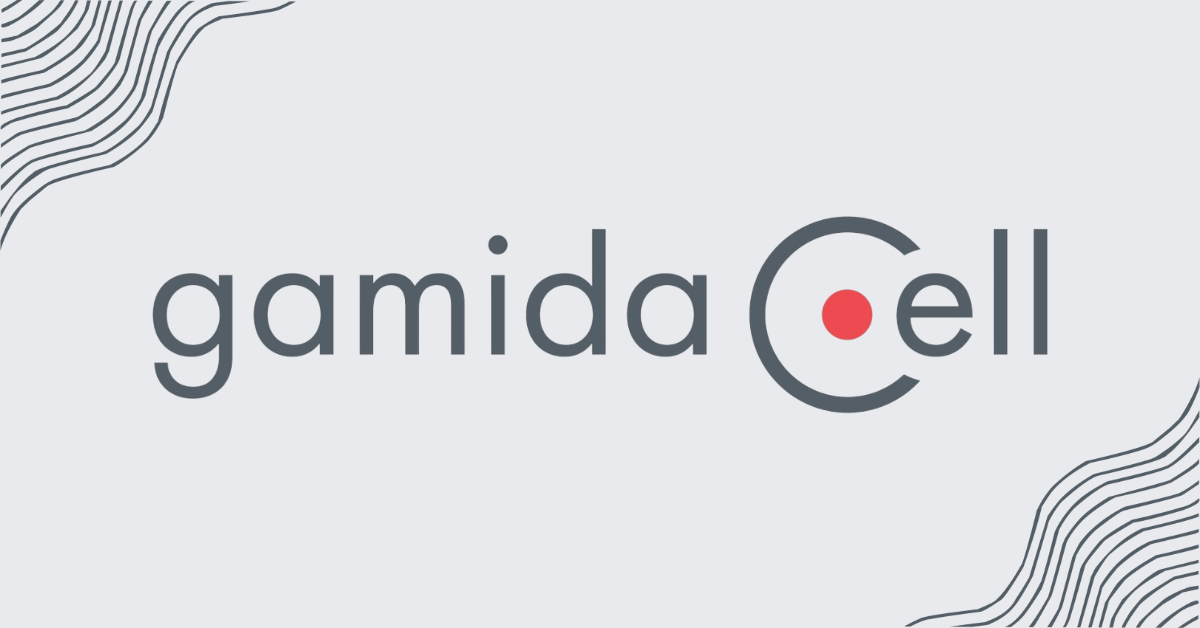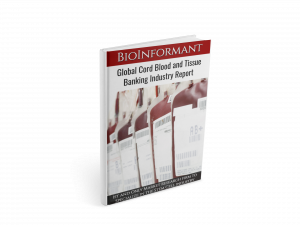|
|
The FDA has approved Gamida Cell’s allogeneic cord blood cell therapy (Omisirge, formerly Omidubicel and NiCord) as a means to speed the recovery of white blood cells in cancer patients.
The approval is for a single intravenous dose of stem cells from a donor’s expanded umbilical cord blood that is processed and cultured with nicotinamide (a form of vitamin B3).
Omisirge produces faster neutrophil recovery and reduced infections compared to standard cord blood. The approval is based on a study of 125 subjects with blood cancer.
BOSTON, MA–Gamida Cell Ltd. (Nasdaq: GMDA), a cell therapy pioneer working to turn cells into powerful therapeutics, today announced that the U.S. Food and Drug Administration (FDA) has approved Gamida Cell’s allogeneic cell therapy, Omisirge® (omidubicel-onlv), for use in adult and pediatric patients 12 years and older with hematologic malignancies planned for umbilical cord blood transplantation following myeloablative conditioning to reduce the time to neutrophil recovery and the incidence of infection.
Omisirge received breakthrough therapy designation, priority review and orphan drug designation from the FDA, reflecting the unmet need for additional donor sources for stem cell transplant. It is the first allogeneic stem cell transplant therapy to be approved on the basis of a global, randomized Phase 3 clinical study. Please see the accompanying full Prescribing Information for more information.
“FDA approval of Omisirge is a major advancement in the treatment of patients with hematologic malignancies that we believe may increase access to stem cell transplant and help improve patient outcomes,” said Abbey Jenkins, President and Chief Executive Officer of Gamida Cell. “We are grateful to all the clinicians, patients and the entire Gamida Cell team without whom this approval would not have been possible. We also acknowledge the key role the FDA has played in supporting the development of Omisirge and other innovative and potentially life-saving cell therapies for patients with cancer and other serious diseases.”
In a global, randomized Phase 3 clinical study, Omisirge demonstrated a median time to neutrophil recovery of 12 days in the intent to treat population, compared to 22 days for standard cord blood (p<0.001).1 Incidence of Grade 2/3 bacterial or Grade 3 fungal infections through 100 days following transplantation occurred in 39% of patients in the Omisirge arm and 60% of patients in the standard cord blood arm.1 The full Phase 3 clinical study results are available in Blood, the official journal of the American Society of Hematology. The safety profile for Omisirge is consistent with the expected adverse events of allogeneic hematopoietic stem cell transplantation following myeloablative conditioning. Among 117 patients who received Omisirge for any disease, infusion reactions occurred in 47% of patients (Grade 3 or 4 in 15%), acute graft-versus-host disease (GvHD) in 58% (Grade III-IV in 17%), chronic GvHD in 35% and graft failure in 3%.2
More than 40% of the patients in the Omisirge Phase 3 study were racially and ethnically diverse,1 underscoring the degree to which Omisirge may help address health disparities in stem cell transplantation.
“The approval of Omisirge is a significant development in hematopoietic stem cell transplantation,” said Steven M. Devine, M.D., Chief Medical Officer at the National Marrow Donor Program® (NMDP)/Be The Match®. “Patients who are Black or African American have just a 29% chance of finding a match via the donor registry vs. a 79% chance for patients who are White.3 Adding Omisirge as a new donor source may help increase access to stem cell transplant for patients from racially or ethnically diverse backgrounds who struggle to find a fully matched donor in the registry.”
Allogeneic hematopoietic stem cell transplantation offers a potentially curative option for hematologic malignancies including acute myeloid leukemia, acute lymphoblastic leukemia, chronic myeloid leukemia and myelodysplastic syndromes. Allogeneic transplant uses cells from a donor other than the recipient.
Omisirge is manufactured to enhance and expand the number of progenitor cells utilizing proprietary nicotinamide (NAM) technology. This process produces enriched hematopoietic progenitor cells, leading to preservation of their stemness, homing to the bone marrow and retained engraftment capacity.
Omisirge is manufactured in Gamida Cell’s state-of-the-art, fully licensed GMP manufacturing facility in Kiryat Gat, Israel. Omisirge is expected to be delivered to transplant centers within 30 days after the start of manufacturing. Gamida Cell Assist, a key resource for scheduling the manufacturing of Omisirge, will provide support to patients, caregivers and the hospital’s transplant team at each step of the process.
Omisirge is now available in the United States for transplant centers to order for appropriate patients. Onboarding of transplant centers is underway. As discussed in the company’s March 27 earnings call, Gamida Cell is pursuing strategic partnerships to support the launch and commercialization of Omisirge. The company also announced that is has retained Moelis & Company LLC to assist in the exploration of partnerships or broader strategic alternatives that would provide additional resources to support the launch of Omisirge and associated commercial activities in the United States and rest of world.
Omisirge Indication
Omisirge is a nicotinamide modified allogeneic hematopoietic progenitor cell therapy derived from cord blood indicated for use in adults and pediatric patients 12 years and older with hematologic malignancies who are planned for umbilical cord blood transplantation following myeloablative conditioning to reduce the time to neutrophil recovery and the incidence of infection.
About Gamida Cell
Gamida Cell is a cell therapy pioneer working to turn cells into powerful therapeutics. The company’s proprietary nicotinamide (NAM) technology leverages the properties of NAM to enhance and expand cells, creating allogeneic cell therapy products and candidates that are potentially curative for patients with hematologic malignancies. These include Omisirge®, an FDA-approved nicotinamide modified allogeneic hematopoietic progenitor cell therapy, and GDA-201, an intrinsic NK cell therapy candidate being investigated for the treatment of hematologic malignancies.





















Tell Us What You Think!